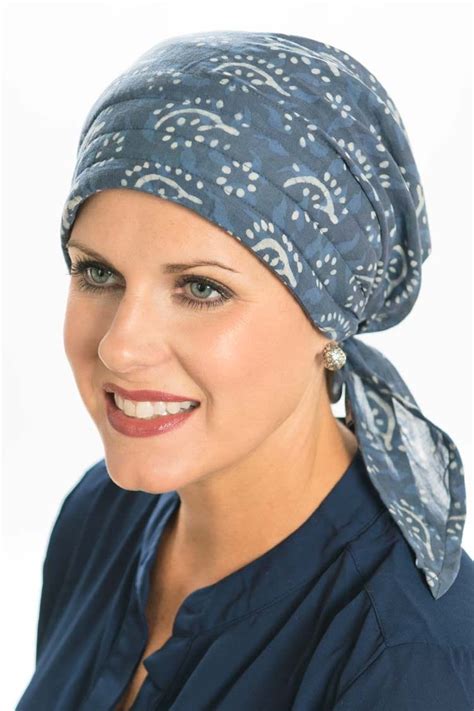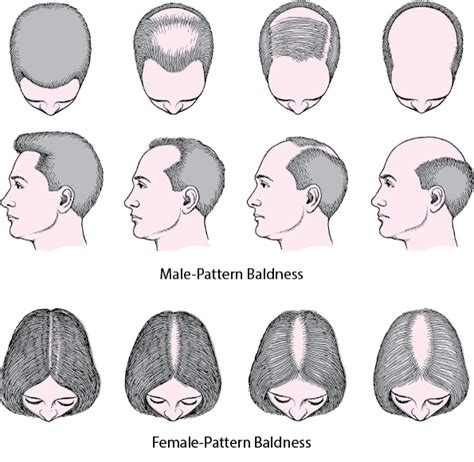Hair loss, also known as alopecia, is a common condition that affects millions of people around the world. It can occur at any age and affects both men and women. While hair loss can occur anywhere on the scalp, it is most common to experience hair loss on top of the head.

Causes of Hair Loss on Top of Head
There are many potential causes of hair loss on top of the head. Some of the most common causes include:
- Genetics: The most common cause of hair loss on top of the head is genetics. This type of hair loss is known as androgenetic alopecia. It is caused by a combination of genes and hormones that leads to the gradual thinning and shedding of hair.
- Hormonal changes: Hair loss can also be caused by hormonal changes. These changes can occur during pregnancy, menopause, or after childbirth. Hormonal changes can also be caused by certain medications, such as chemotherapy drugs.
- Medical conditions: Certain medical conditions can also lead to hair loss. These conditions include thyroid disease, lupus, and alopecia areata.
- Styling habits: Certain styling habits can also lead to hair loss. These habits include wearing tight ponytails or braids, using harsh chemicals, and heat styling.
Symptoms of Hair Loss on Top of Head
The symptoms of hair loss on top of the head can vary depending on the cause. However, some common symptoms include:
- Gradual thinning of hair
- Shedding of hair
- Patchy hair loss
- Complete hair loss
Diagnosis of Hair Loss on Top of Head
The diagnosis of hair loss on top of the head is typically made by a doctor. The doctor will ask about your medical history and perform a physical examination of your scalp. The doctor may also order blood tests or a scalp biopsy to rule out any underlying medical conditions.
Treatment for Hair Loss on Top of Head
The treatment for hair loss on top of the head depends on the cause. If the hair loss is caused by a medical condition, the underlying condition will need to be treated. If the hair loss is caused by styling habits, the styling habits will need to be changed. In some cases, medication or surgery may be necessary to treat hair loss.
Prevention of Hair Loss on Top of Head
There is no sure way to prevent hair loss on top of the head. However, there are some things that you can do to reduce your risk of developing hair loss, such as:
- Maintaining a healthy diet
- Getting regular exercise
- Reducing stress
- Avoiding harsh chemicals and heat styling
- Wearing sunscreen on your scalp
Coping with Hair Loss on Top of Head
Hair loss can be a difficult experience to deal with. It can lead to feelings of sadness, shame, and low self-esteem. If you are experiencing hair loss, it is important to remember that you are not alone. There are many people who experience hair loss, and there are many resources available to help you cope.
How to Cope with Hair Loss on Top of Head
If you are experiencing hair loss on top of your head, there are a few things you can do to cope:
- Talk to your doctor: Your doctor can help you determine the cause of your hair loss and recommend the best course of treatment.
- Join a support group: There are many support groups available for people who are experiencing hair loss. These groups can provide you with a sense of community and support.
- Find a therapist: A therapist can help you to cope with the emotional effects of hair loss.
- Try hair loss treatments: There are a variety of hair loss treatments available, such as medication, surgery, and hairpieces. These treatments can help you to improve the appearance of your hair and boost your confidence.
Conclusion
Hair loss on top of the head is a common condition that can affect people of all ages. While hair loss can be a difficult experience to deal with, it is important to remember that you are not alone. There are many resources available to help you cope with hair loss and improve your appearance.
